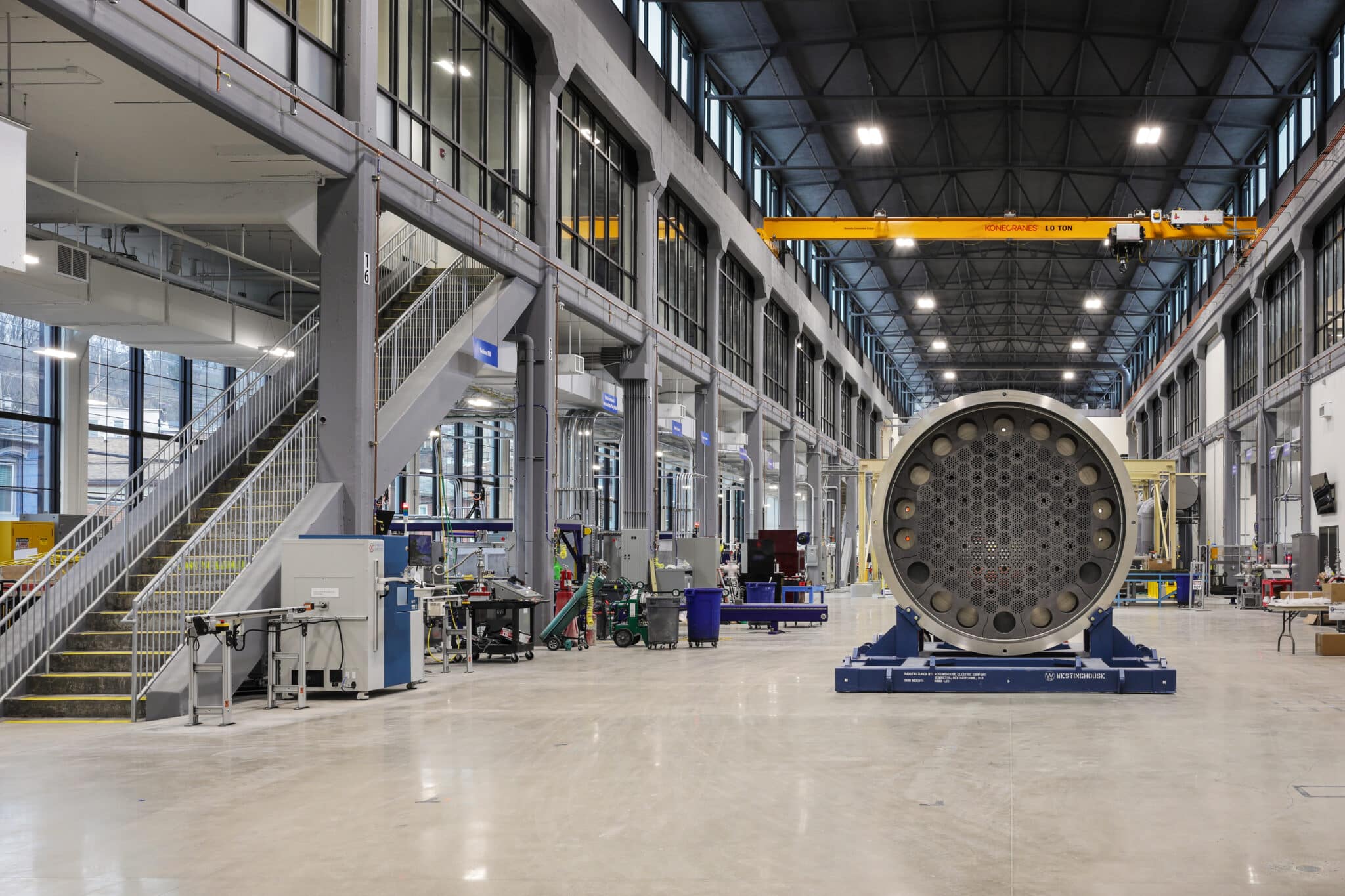We’ve all heard it before: electric cars, solar panels, lab-grown meats are the key to reducing humanity’s carbon footprint. Nowadays, Teslas are all the rage; I mean who doesn’t love fast, sexy and fuelless vehicles? Well, unfortunately pilots don’t. As it turns out, batteries are quite heavy and therefore make it much harder to enable a plane to fly. Climate change aside, crude oil from the ground is a limited supply and will eventually dry up, so the need for a new energy system is inevitable, assuming humanity still exists whenever that day comes. From an environmental perspective, aviation as it is today is essentially mother nature’s worst nightmare. We have built massive machines that are incredibly efficient in spewing thousands of tons of greenhouse gasses directly into the upper atmosphere – right where it hurts the planet most. So if batteries are a bad idea, and traditional aviation fuels dug from the ground are plagued with problems, what is the solution?


One proposed idea is to “grow” jet fuel. Rather than digging up more crude oil, we can plant crops that can ferment into ethanol alcohol, which can be used in the process of creating more fuel. The benefit of this process is that, in theory, the photosynthesis done by the growing crop will negate the carbon generated when the product is later burned. This results in a process that is perfectly carbon neutral and infinitely replenishable. The key phrase here is “in theory” as this process has yet to demonstrate its appealing property in the real world.
Corn is the most commonly grown crop in the United States. Not coincidentally, it also happens to be the most commonly sourced item used in creating bioethanol. When corn is fermented into alcohol, it must fergo a complex distillation process. Unfortunately, this is where the “in theory” side of the process ends, as this is the main issue with developing biofuel. The distillation process consumes more energy than what the final product, the biofuel, contains; this is where more science and research is needed in order to help mitigate such issues.
Like all things, there is a wealth of misinformation that has spread regarding biofuels. Such information has managed to even reach politicians who made poor legal decisions that have turned into legislation, influencing the production of more biofuel. While their intentions are positive (presumably), the science backing carbon-negative biofuel production isn’t complete. Therefore, it would be far more efficient to place governmental financial incentives toward tried and true renewable energy sources, like wind, solar, or hydropower.
Photosynthesis is an inherently inefficient process. The sunlight that plants convert into stored energy is less than 1 percent. One can come to the same conclusion non-scientifically simply through observing how slowly plants grow and how quickly they can be burned (like firewood), demonstrating the very slow process of usable energy creation from plants. Solar panels, on the other hand, can easily reach energy conversion efficiencies around 15-20 percent. This statistic alone shows that the money being poured into biofuel production should be spent elsewhere.
Okay, so currently plant-based biofuel is out of the question for now. However, that doesn’t mean all hope is lost. Professors at Washington State University have developed a new method to create jet fuel that stems from plastic. That’s right, there is a way to turn another one of mother nature’s nightmares, into a slightly lesser nightmare (since the plastic still must be burned contributing to more greenhouse gas emissions). Through a process that involves heating plastic waste to very high temperatures and adding carbon, plastic can be broken down into the same hydrocarbon chains found in various fuels. This means that we could help solve the plastic pollution problem by converting it into usable fuel.
While many strides have been taken towards solving the global energy crisis, as of now biofuel production simply isn’t there yet. Developments in other high-density energy sources, like hydrogen, are in the works; these may demonstrate a more promising future than what we have seen with biofuels. Overall, humanity will eventually need to transition away from unsustainable fuel sources. After all, the single-celled cyanobacteria of 3.5 billion years ago were able to completely convert Earth’s atmosphere into oxygen and it’s in our best interest to not reverse that process…



